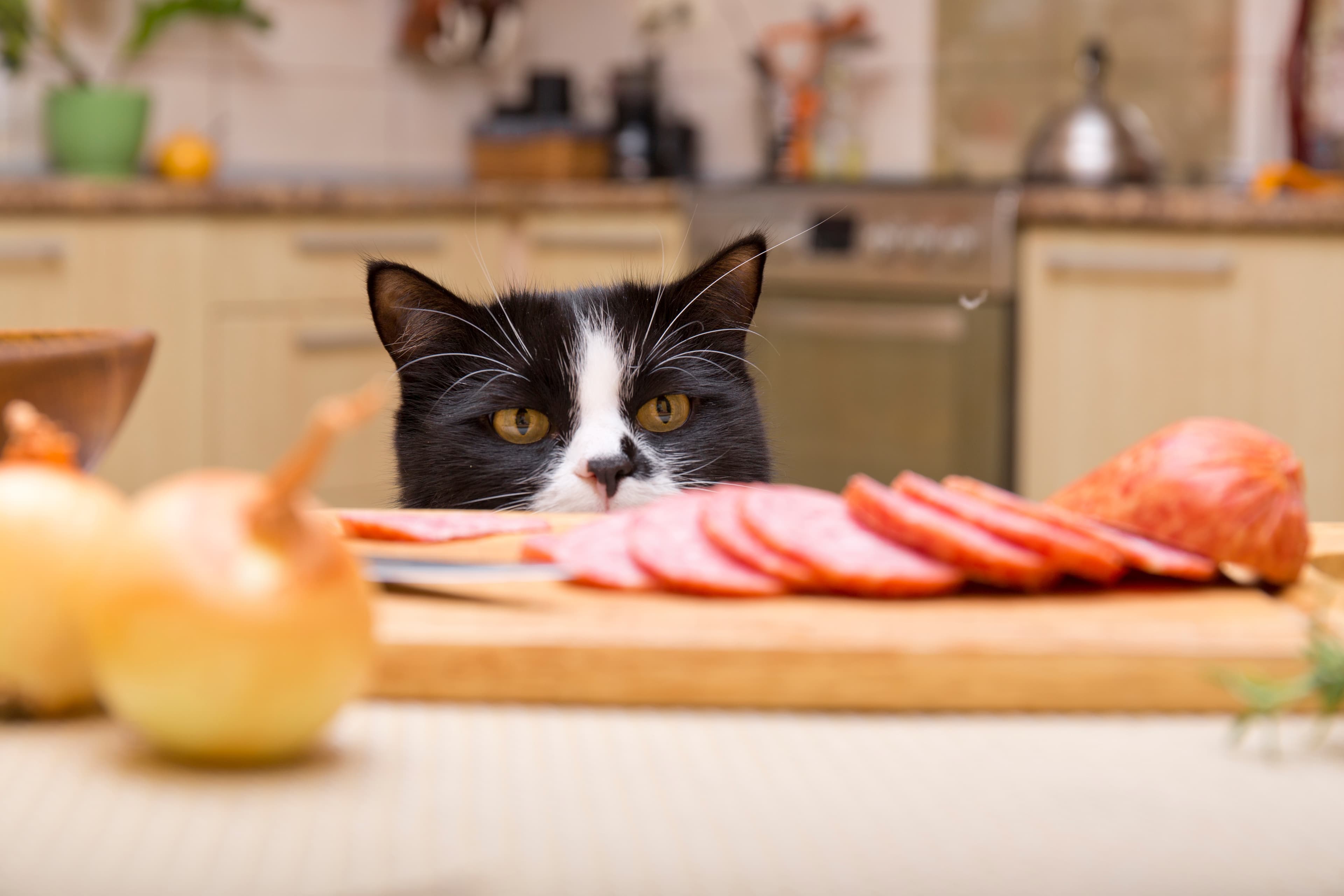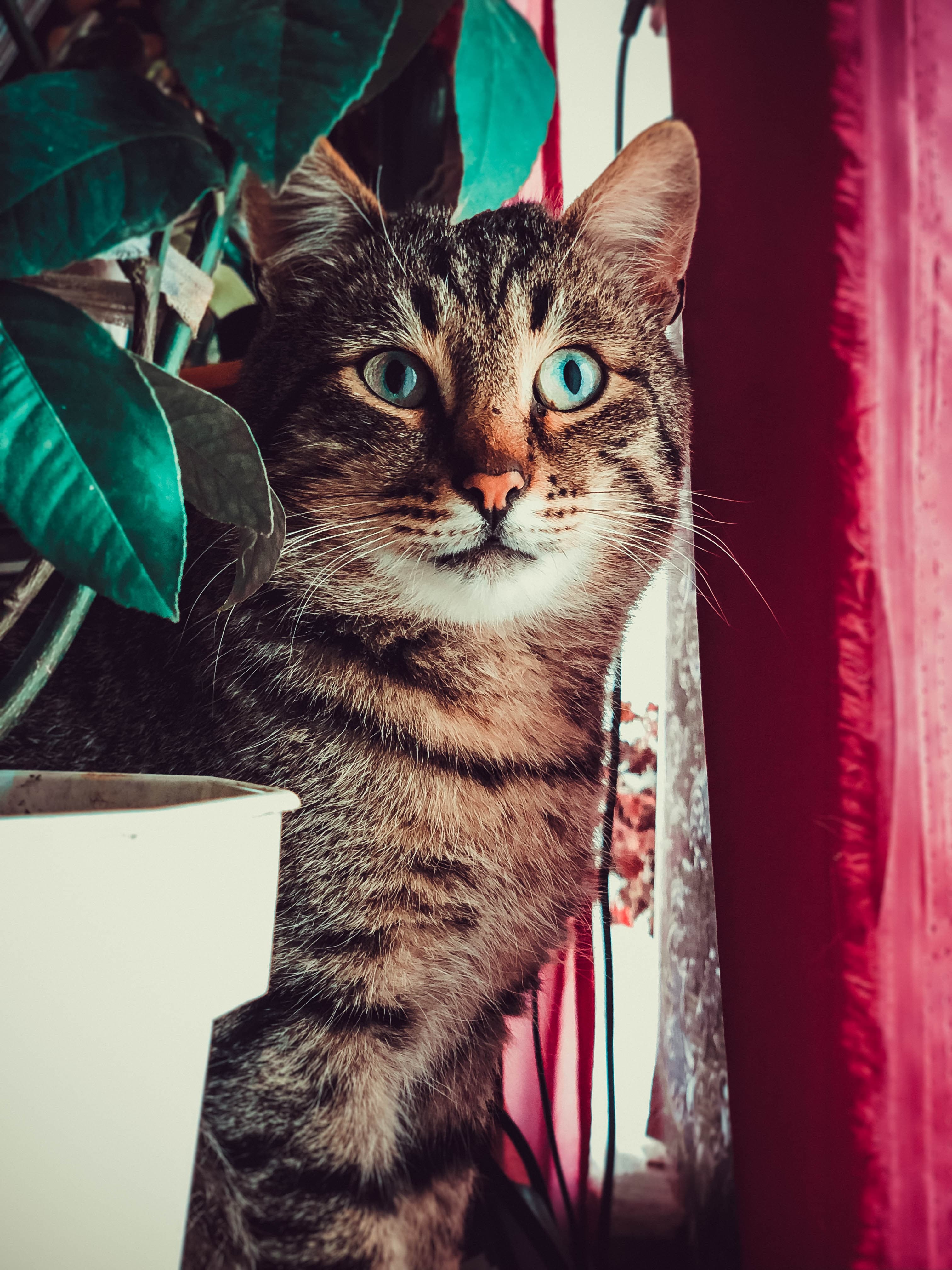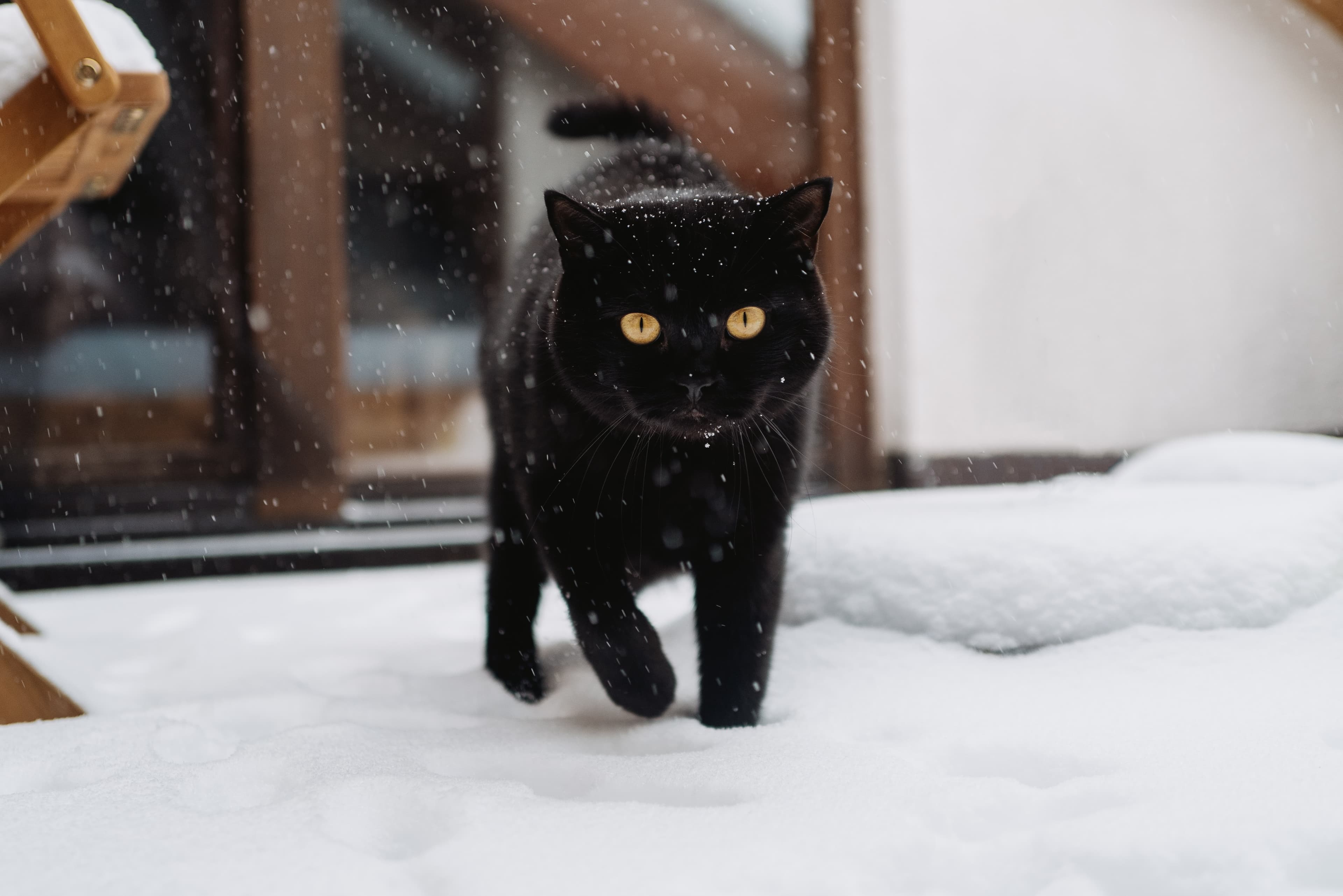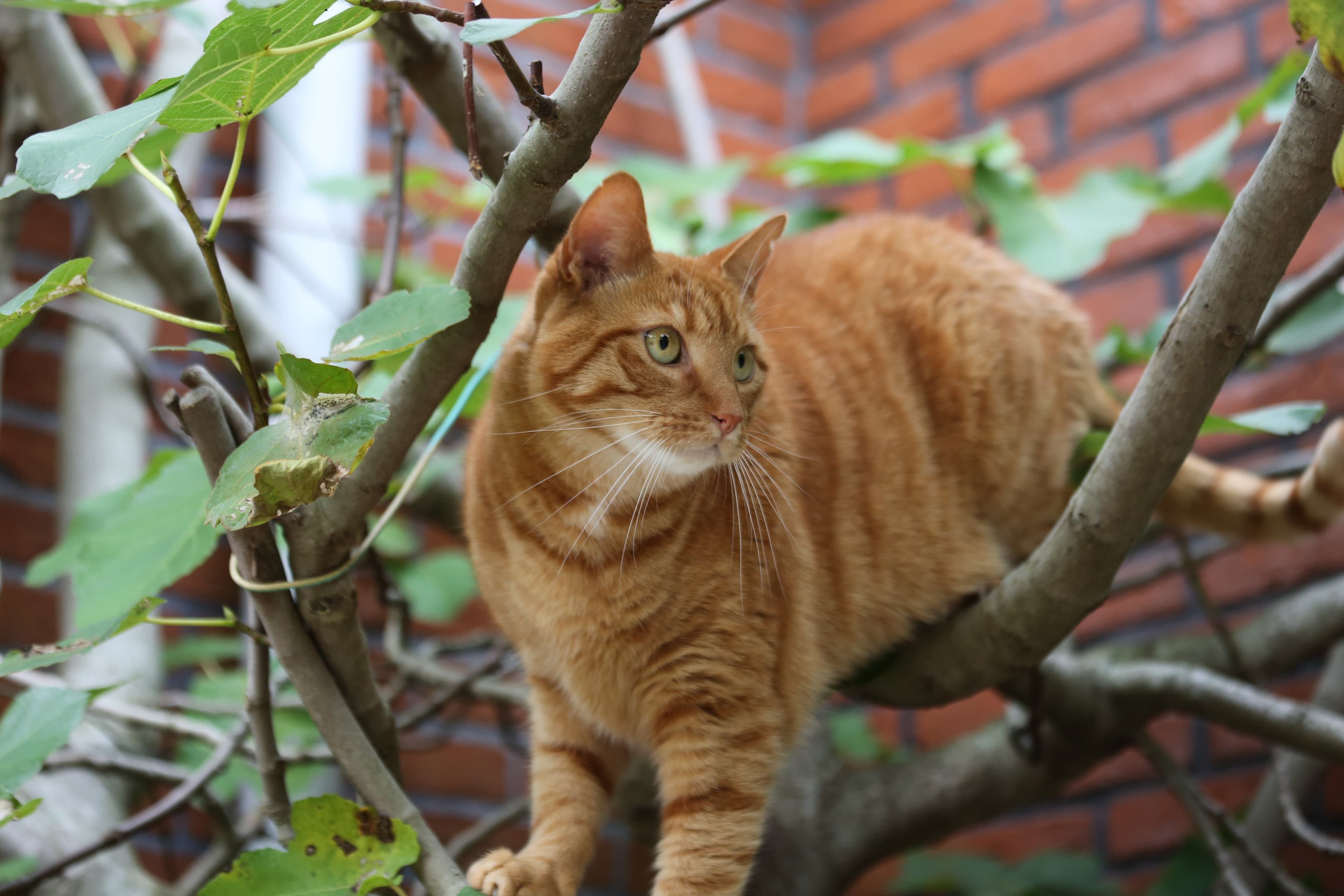Foods that are toxic to your cat
Did you know that some foods we eat can be downright deadly for your cat? Sadly, symptoms might not always be obvious on the outside, so it’s really important that you know what human foods your cat can and can't have. Not knowing could lead to severe kidney and liver failure, heart problems, and in the worst cases, could be fatal.
Chocolate
Chocolate and cocoa are toxic to cats because they contain theobromine. This stimulant affects the nervous system, and cats process it much more slowly than humans do. If they eat too much, it can lead to serious poisoning.
A cat's metabolism breaks down theobromine much more slowly than a human's. This means that if a cat eats chocolate, it takes much longer to get rid of theobromine, and it can build up in their system, affecting vital organs. It’s hard to judge the exact danger, but it depends on the amount eaten. A lethal dose is around 80-200mg per body weight, but poisoning can occur at much lower levels. The darker the chocolate, the more theobromine it contains, making it more dangerous.
If your cat eats chocolate, call your vet immediately for advice, even if they seem fine. Symptoms usually appear within 2-6 hours but can take anywhere from 1 to 24 hours. Signs include nausea, increased thirst, vomiting, diarrhoea, a fast or irregular heartbeat, breathing difficulties, restlessness, and seizures.
Never try to make your cat sick by giving them salt, as this can cause salt poisoning. If you suspect your cat has eaten chocolate, always contact your vet.
Onions
All types of onions contain allicin, a substance harmful to cats, whether raw or cooked. Onions can cause severe anaemia and damage to the liver and other organs. Never give your cat leftovers containing onion. Watch for signs like loss of appetite, diarrhoea, vomiting, rapid breathing, heart palpitations, pale gums, red urine, or abdominal pain. If you suspect onion poisoning, see your vet straight away.
Pork and processed meats
While a tiny bit of plain cooked pork or sausage might not always cause harm, they are often high in fat and salt. This can lead to diarrhoea, vomiting, and pancreatitis. It’s best to avoid giving these to your cat, as they can be sensitive.
The main danger with pork and sausages isn't always the meat itself, but the added spices and onion, which are toxic. If you want to give your cat a treat, choose plain, unseasoned cooked meat instead.
Grapes and raisins
Grapes and raisins are highly toxic to cats. Symptoms can include vomiting, diarrhoea, abdominal pain, and lethargy. Within 1-3 days, this can lead to kidney damage, causing more vomiting, pain, and little or no urination. Seek veterinary attention immediately if you know your cat has eaten grapes or raisins. Sadly, even a small amount, like seven grapes, can be fatal. Keep them well out of reach.
Dough and alcohol
Yeast dough can ferment in your cat’s stomach, leading to alcohol poisoning. Symptoms include abdominal pain, bloating, vomiting, and unsteadiness.
Avocado
Avocado can harm your cat’s heart and digestive system, as well as other pets. Even the leaves contain toxins, so ensure your cat can't access avocado plants.
Bitter almonds
Bitter almonds contain cyanide, which is lethal to cats in large amounts. Cyanide prevents cells from absorbing oxygen, causing rapid breathing, difficulty breathing, bright red gums, weakness, nausea, vomiting, and loss of consciousness. Make sure your cat doesn't eat bitter almonds or products containing them, like certain biscuits and marzipan.
Things to bear in mind
Cats explore every corner of the house, so be extra careful when cooking or eating foods that are toxic to them. Poisoning can happen quickly and be serious. Always let your vet know what your cat might have eaten.
See a vet
If your cat shows severe symptoms, take them to the vet immediately to stop the poisoning and prevent serious illness. If you're unsure whether your cat has eaten something harmful, contact a vet for advice. As a Lassie customer, you have unlimited calls to our digital vet service.






